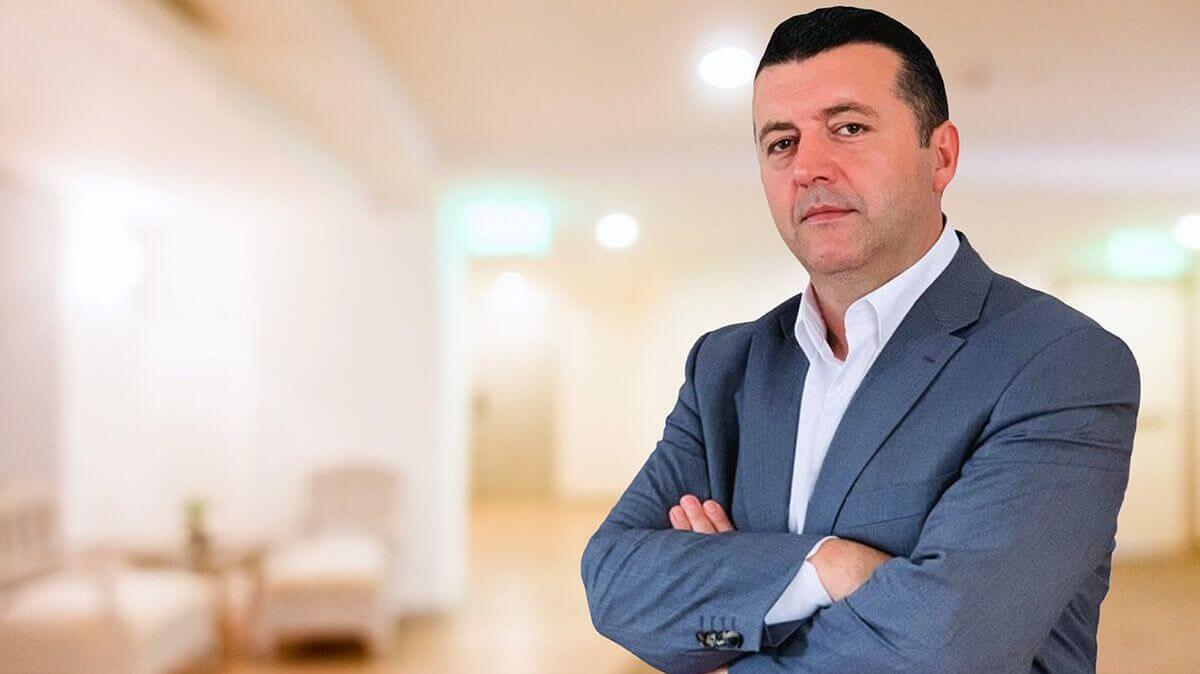Interview for the Sarajevo daily newspaper Dnevni avaz: It is in Serbia’s interest that BiH remains whole
Dr. Orhan Dragaš, an expert in security and international relations, speaks for “Avaz” about the biggest security challenges in the Balkans, the situation in Bosnia and Herzegovina and the malignant Russian influence, Serbia’s attitude towards its western neighbor and “cutting the umbilical cord with Moscow,” and the region’s integration into the EU and NATO as the only guarantee of peace and progress.
Dragaš is the founder and director of the International Security Institute based in Belgrade and an expert of the European Commission on migration and internal affairs.
What are currently the biggest security challenges in the Western Balkans?
First of all, that’s the Russian aggression against Ukraine and, to a lesser extent, the conflicts in the Middle East. For the whole of Europe, these are the biggest security challenges, but unlike us, the majority of Europeans perceive them, rightly, as their internal issue. There is still a widespread belief that Ukraine, Israel, and the Palestinians are “over there,” and that it is none of our business. However, this becomes evident when the prices of energy products skyrocket due to the Russian invasion of Ukraine, subsequently impacting the prices of all other goods, or when the pro-Iranian Houthis’ blockade of the Red Sea leads to an increase in the prices of almost everything coming to Europe from Asia.
How do you perceive BiH’s position? Given the strength of the policies heralding “separation,” are there enough guarantees that this country will survive?
The policy of separating Republika Srpska from Bosnia and Herzegovina is part of the Russian strategy to occupy and dominate Ukraine. Putin is not concerned about the potential explosion of events in the Balkans, Kosovo, Bosnia and Herzegovina, or perhaps even Montenegro. They have invested heavily in destabilization forces in those places, in forces that prioritize inter-ethnic conflicts over integration and individuals willing to restart disputes for financial gain or favors.
Serbia, as the region’s largest country, has a special responsibility. How do you see the role of Serbia and President Vučić? There is a constant dilemma as to whether Serbia is “closer” to the East or the West.
You’re correct; Serbia bears a unique responsibility towards Bosnia and Herzegovina. However, it’s important to note that Serbia’s primary interest lies in the preservation of Bosnia and Herzegovina’s unity and prosperity, a goal often overlooked. Belgrade could never support the RS’s secession because it would instantly undermine its position in relation to Kosovo, and thus Belgrade would lose all credibility on the international scene. Aleksandar Vučić insists on the constant strengthening of ties with the RS; this is an important part of his policy, and everyone in power in Belgrade will do so. But you have to take Vučić seriously when he says that he firmly respects the sovereignty and integrity of Bosnia and Herzegovina and wants its progress, because that is an equally important part of his policy.
How do you see the future of the Western Balkans in terms of Euro-Atlantic integration?
To a large extent, we are left to our own devices, and that’s not a bad thing at all. If we don’t take responsibility for our future, why should someone else? Regarding Serbia, I believe it demonstrates that it can handle this extremely complex international situation and makes the right choices,” said Dragaš.
